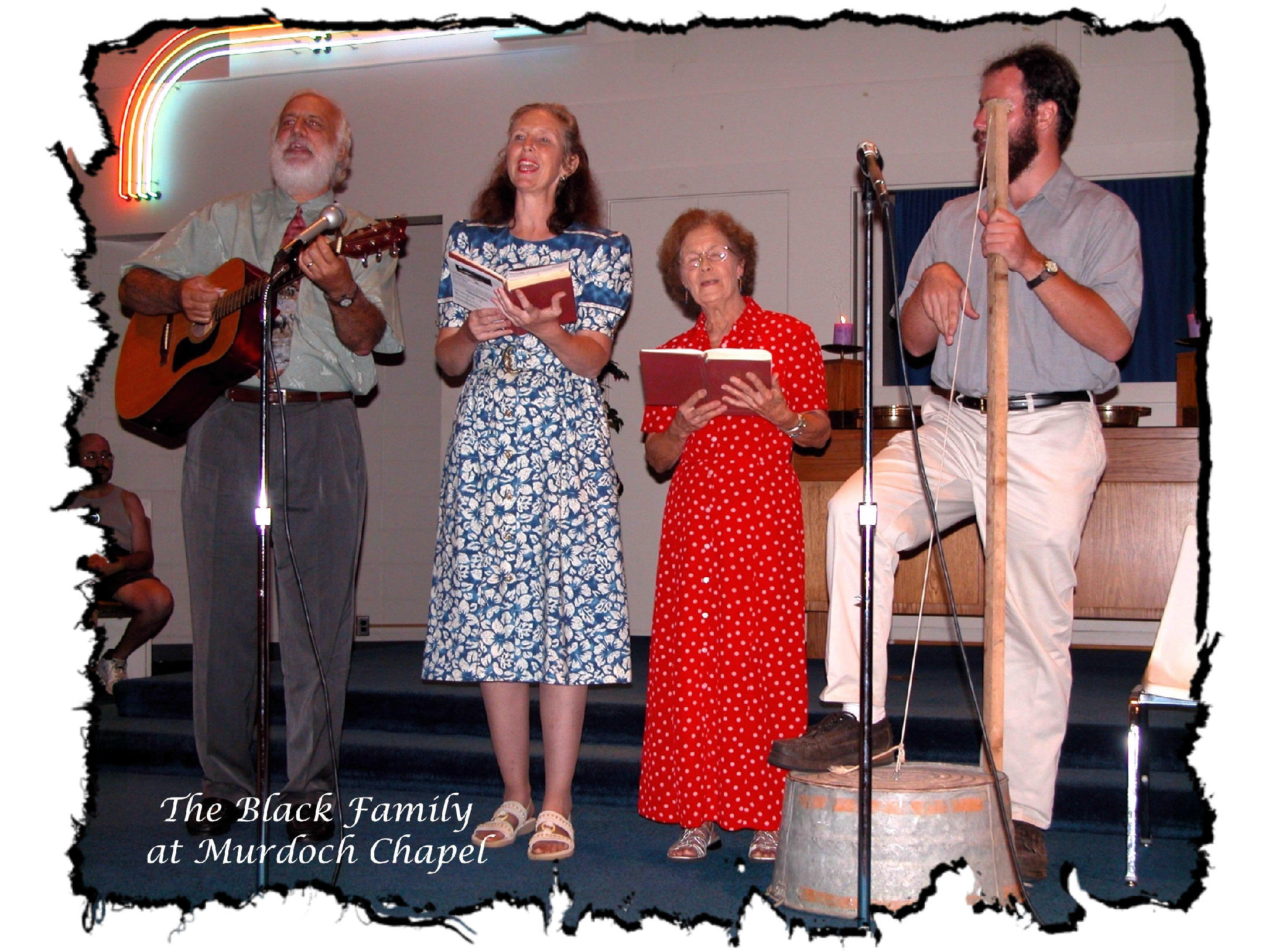|
restoring our biblical and constitutional foundations
|
Groaning for Freedom
I am the most blessed man on earth. I know this because God has given me the privilege of knowing the most wonderful people on earth.
These include the beautiful people at the Murdoch
Center, a North Carolina residential facility located in the
Raleigh/Durham/Chapel Hill Area. The Center’s approximately 1,620 staff
positions provide comprehensive residential care for 700 profoundly
mentally retarded and physically handicapped residents from 16 counties in
the North Central Region of the state. The primary function of the Center
is to provide effective training for the residents in a variety of skill
areas, including self-help, leisure, work, communication, and social
interactions. From
 time
to time my family is privileged to lead worship in their chapel services.
During such times my thoughts inevitably go to the doctrine of the
resurrection of the body, a wonderful New Testament teaching.
time
to time my family is privileged to lead worship in their chapel services.
During such times my thoughts inevitably go to the doctrine of the
resurrection of the body, a wonderful New Testament teaching.
In 1 Corinthians 15:43 Paul contrasts the believer’s present mode of existence and his future, resurrection life. He states that the condition of our transitory life on earth in characterized by “weakness,” but our resurrection existence will be a life of “power” in perfect harmony with God’s own being. The apostle is addressing the questions that many of the Corinthians had been asking: By what power and in what manner is the resurrection of a sinful, mortal body to be accomplished? His answer is a masterpiece of skillful reasoning. After establishing that God is able to take similar matter and organize it differently to accomplish His purposes (vv. 36-41), he refers by analogy to the existence of the resurrected man (vv. 42-44). By a series of four contrasts between the body that is “sown” and the body that is “raised,” he illustrates the different order and functions the earthly body has from the spiritual body:
-
Perishable/imperishable
-
Dishonor/glory
-
Weakness/power
-
A physical body/a spiritual body
Note that Paul uses the adjective “spiritual” to express the quality of the body in the resurrection state without implying any sense of immaterialness or etherealness. This spiritual body stands over against the earthly body, which in characterized by perishableness, dishonor, and weakness.
This truth is a great encouragement to me, both as I witness the physical frailties of others and as I come to terms with my own. For the present, Christians still continue to die and the body continues to be liable to disease. Only the inward man is being renewed day by day (2 Corinthians 4:16). While the Holy Spirit is already active in the bodies of Christians in one sense, He must wait until the Parousia (the Second Coming of Christ) to change our carnal bodies into spiritual ones.
In the meantime, even men who are relatively strong remain subject to illness, disappointment, failure, and eventually death. Cultivate the present body as we might, it is but a weak instrument subject to change, decay, and ultimately physical decomposition. The older I get, the more solace I find in this truth. In the future, the divine power that is now concealed in the weakness and mortality of my flesh will be triumphantly and gloriously manifested when it finally asserts itself in the resurrection.
Meanwhile, in my present bodily existence I groan for freedom from my physical afflictions and limitations, as does everyone who looks forward to a better kingdom whose builder and maker is God.
October 27, 2003
David Alan Black is the editor of www.daveblackonline.com. He is currently finishing his latest book, Why I Stopped Listening to Rush: Confessions of a Recovering Neocon.